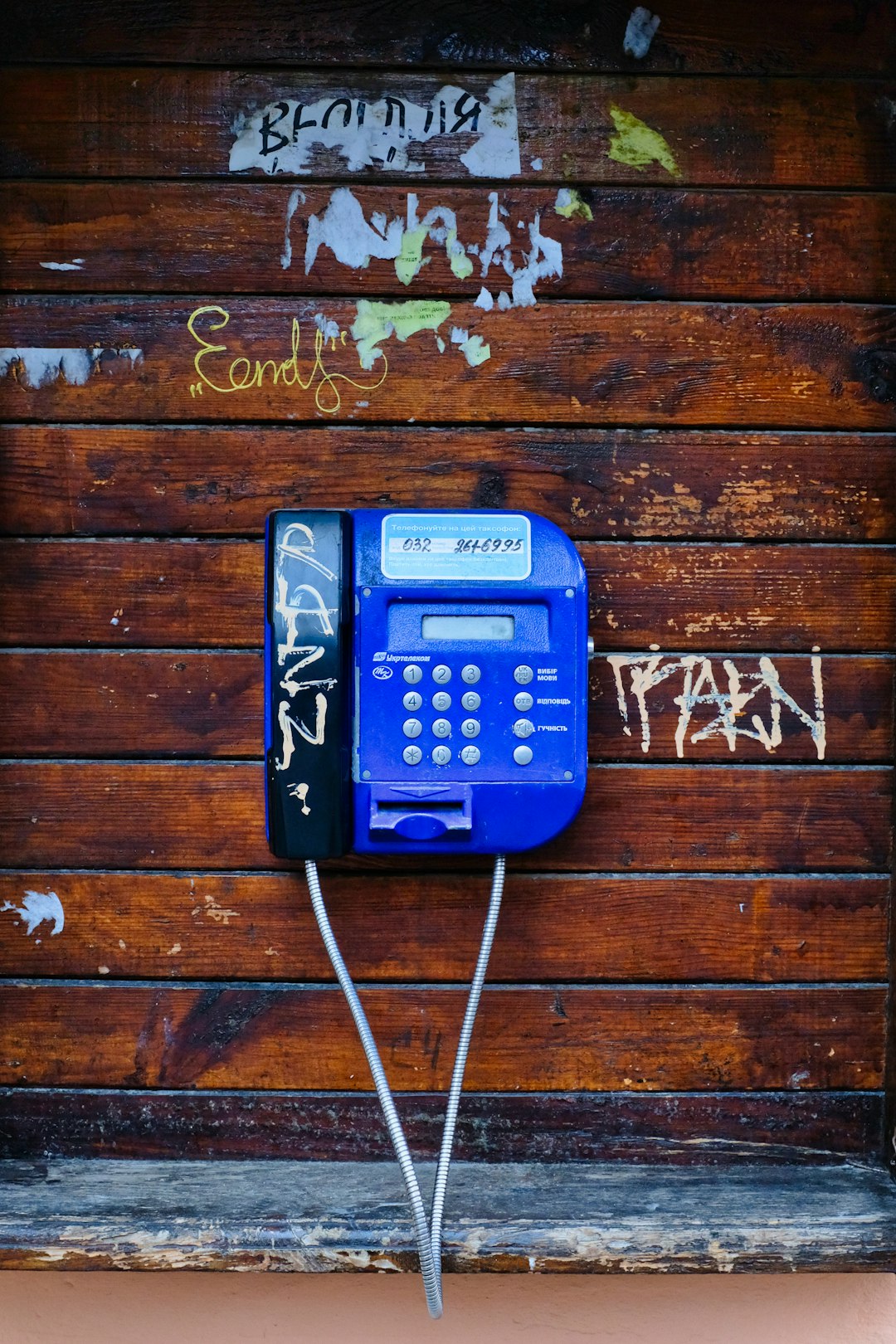In Massachusetts, robocall scams targeting tax season victims are on the rise. These automated calls pose as IRS notifications or local business offers, attempting to trick recipients into divulging personal information. While suing for robocalls is an option, it's a complex process requiring understanding state laws against telemarketing fraud and gathering evidence. The initial step upon experiencing a scam is to terminate the call, avoid sharing details, and report the incident to relevant authorities. Massachusetts offers legal protections and options for individuals targeted by robocall scammers, emphasizing prevention through registration on Do Not Call registries and using blocking apps.
As tax season peaks in Massachusetts, so does the prevalence of robocall scams. These automated calls, often posing as IRS agents or financial institutions, aim to trick residents into revealing personal and financial information. Understanding these scams, recognizing their tactics, and knowing your legal rights are essential steps in protecting yourself. If you’ve fallen victim to a robocall scam, there are options available, including the potential to sue for robocalls in Massachusetts under specific circumstances.
Understanding Robocall Scams During Tax Season in Massachusetts

In Massachusetts, as tax season approaches, so do concerns about robocall scams. These automated calls, often disguised as IRS notifications or local business offers, aim to trick recipients into revealing personal information or providing financial details. They can be particularly pervasive during tax season when people are focused on filing their returns. Robocall scammers target individuals across the state, leaving many to wonder if they can sue for robocalls in Massachusetts.
While it’s understandable to want recourse against unwanted robocalls, the process of suing for robocalls is complex and not always straightforward. Massachusetts has laws against telemarketing fraud, but bringing a successful lawsuit requires gathering evidence and navigating legal procedures. Understanding your rights and knowing when to seek legal advice are crucial steps in dealing with robocall scams.
Legal Rights and Options When You're a Victim of Robocalls

If you’ve received a robocall scam during tax season in Massachusetts, know that you have rights and options. The first step is to hang up immediately and do not provide any personal or financial information, no matter how convincing the caller may seem. You can then report the scam to the Federal Trade Commission (FTC) using their Do Not Call registry or by filling out a complaint form online. Massachusetts also has a specific Do Not Call registry where you can register your phone number to block most telemarketing calls.
In terms of legal action, if you believe you’ve been targeted by robocall scams intentionally and suffered financial loss, you may have grounds to sue under Massachusetts’ laws against deceptive business practices. Consulting with an attorney who specializes in consumer protection or telecommunications law can help determine your best course of action, including the possibility of seeking compensation for damages incurred due to the robocalls. Remember, Can I Sue For Robocalls Massachusetts is a question that may have answers, especially if you’ve been a victim of persistent or malicious robocall scams.
Common Tactics Used by Robocall Scammers Targeting Massachusetts Residents

Robocall scammers often target Massachusetts residents during tax season, employing various tactics to deceive and mislead. A common method is impersonating government agencies or tax authorities, claiming there’s an issue with your taxes and demanding immediate action. They may threaten severe consequences, such as arrest or fines, if you don’t comply. Scammers also use urgent language and pressure tactics to scare recipients into providing personal and financial information over the phone or via text message.
Another tactic involves pre-recorded messages that ask recipients to press a number to speak to a representative. These calls often claim to offer tax refunds or debt relief, but they’re usually scams aimed at stealing sensitive data. In some cases, scammers may leave voicemails with fake check deposit instructions, requesting immediate bank account information under the guise of a legitimate business or financial institution. Massachusetts residents are advised to be vigilant, hang up on suspicious calls, and never share personal details unless they’ve initiated the contact and are certain of the caller’s identity. For those considering legal action regarding robocalls, it’s important to note that while some states have laws allowing individuals to sue for robocalls, specific regulations in Massachusetts regarding such actions may vary.
How to Protect Yourself from Robocall Scams in the Future

To protect yourself from robocall scams during tax season and beyond in Massachusetts, take proactive steps to minimize your risk. First, register for the National Do Not Call Registry by visiting the Federal Trade Commission’s website. This federal list prevents calls from companies or organizations with which you have not done business. Additionally, consider obtaining a robocall-blocking app designed for Android or iOS devices, as these applications can filter out unwanted automated calls.
While these measures help, keep in mind that certain types of robocalls, such as those from scammers impersonating tax agencies, are difficult to block entirely. Stay vigilant and be wary of unexpected calls asking for personal or financial information. Never provide sensitive data over the phone unless you initiated the call and verified the recipient’s identity. If you suspect a robocall scam, report it to your local consumer protection agency and the Federal Trade Commission. As for Can I Sue For Robocalls Massachusetts, while there are legal avenues to pursue, it’s generally advisable to focus on preventing such calls through these protective measures.
The Potential for Taking Legal Action: Can I Sue For Robocalls in Massachusetts?

In Massachusetts, as in many other states, there are stringent laws in place to protect consumers from unwanted robocalls. The Telephone Consumer Protection Act (TCPA) allows individuals to take legal action against entities making automated calls without prior consent. If you’ve received harassing or deceptive robocalls, especially during tax season when such scams are prevalent, you may have grounds for a lawsuit.
Can you sue for robocalls in Massachusetts? Absolutely. Consumers have the right to seek damages and injunctive relief against companies that violate TCPA regulations. This includes blocking future calls, monetary compensation for each unauthorized call, and even attorney’s fees. If you’ve documented evidence of these unauthorized calls, such as call logs or recordings, your case could be stronger, increasing your chances of successful legal action.






